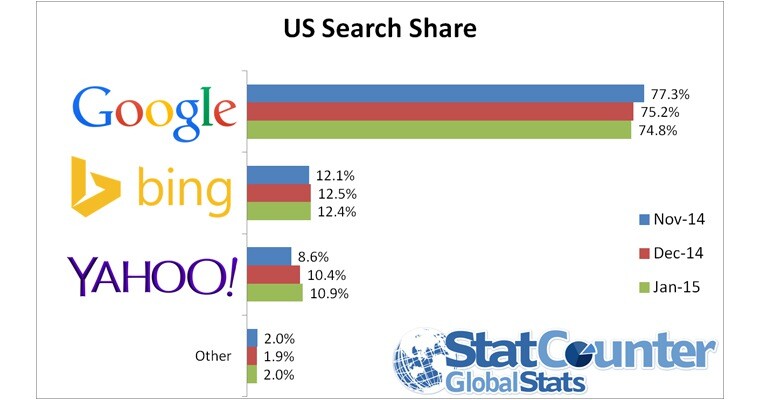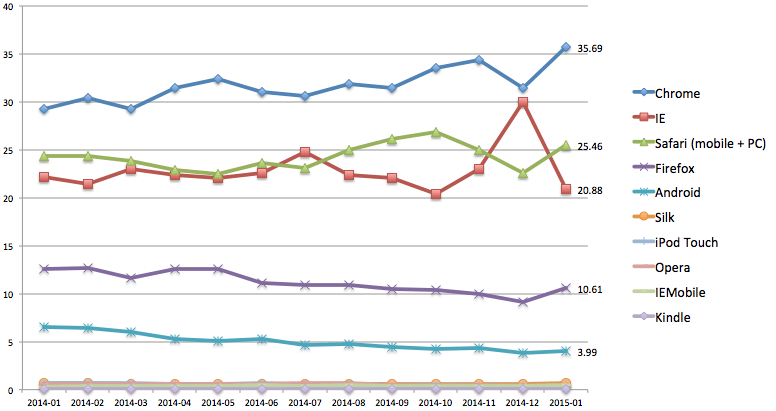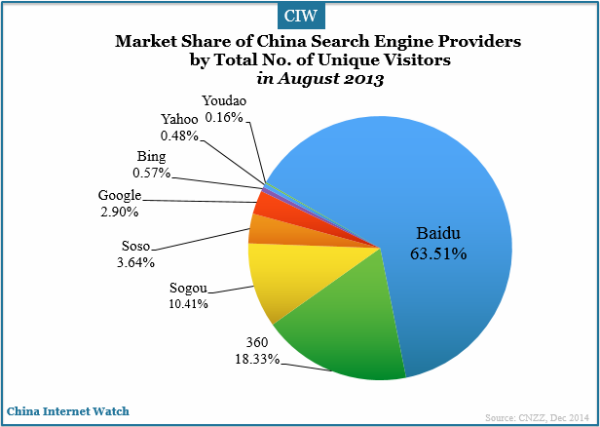Say what you will about Elon Musk, but he is certainly willing to make a big show of taking on big competitors in mature markets.
We talk mostly about Tesla vs Toyota, Ford, et al, but he also has SpaceX.
SpaceX is a company that designs, builds and launches large heavy-lift rockets to carry payloads for NASA and DoD.
The only competitor is United Launch Alliance (ULA), a joint venture between Boeing Defense Space & Security, and Lockheed Martin Space Systems.
ULA is essentially the monopoly supplier of launch services to the U.S. government with the Atlas and Delta rocket families.
Musk is working hard to get the government to certify SpaceX as acceptable, like Boeing/Lockheed.
Some news about that courtesy of Aviation Week and Space Technology.
Full article here http://aviationweek.com/defense/revi...an-focus-trust
I'm not surprised that technical data and design reviews are the sticking point.
Launching jillion-dollar spy satellites that are one-of-a-kind, critical to national security, and which might take a decade to replace makes the satellite owner/investor nervous.
Due diligence gets pretty big.
It's hard to accept a vendor who says "Just trust me". The investor prefers to hire a few hundred of their own engineers to review thousands and thousands of pages of technical documents provided by the rocket vendor, looking for that one little flaw that might make things go boom.
SpaceX stock is private, but Google and Fidelity have both invested so you can get some indirect exposure through them, if you think it's smart.
.
.
.
We talk mostly about Tesla vs Toyota, Ford, et al, but he also has SpaceX.
SpaceX is a company that designs, builds and launches large heavy-lift rockets to carry payloads for NASA and DoD.
The only competitor is United Launch Alliance (ULA), a joint venture between Boeing Defense Space & Security, and Lockheed Martin Space Systems.
ULA is essentially the monopoly supplier of launch services to the U.S. government with the Atlas and Delta rocket families.
Musk is working hard to get the government to certify SpaceX as acceptable, like Boeing/Lockheed.
Some news about that courtesy of Aviation Week and Space Technology.
Revised SpaceX, USAF Certification Plan To Focus on ‘Trust’
Aerospace Daily & Defense Report
Amy Butler
Wed, 2015-03-25 17:30
The U.S. Air Force and SpaceX are modifying the Cooperative Research and Development Agreement (CRDA) signed two years ago to outline what has become the contentious process to certify the Falcon 9 v1.1 rocket for use in launching national security payloads.
The changes are needed to refocus the certification process on establishing top-level trust and confidence that the company can deliver a launch as planned. The current CRDA was “probably too focused on the government side on conducting detailed design reviews and instructing design changes … rather than focusing on the high-level question of do we trust this new entrant,” Air Force Secretary Deborah Lee James told Aviation Week during a March 25 interview.
SpaceX chose its path to certification and the CRDA was signed by both parties in June 2013. “Even though the certification process is governed by a CRDA – it is all written down – and you would think that would help people mutually understand what is expected, that, in fact, was not always the case,” James said. SpaceX’s culture of innovation and the Air Force’s culture — focused on “history and a lot of experience” — clashed.
The CRDA has not been publicly released, but both parties have said it required SpaceX to conduct three successful Falcon 9 launches, two of which were to be consecutive. These missions were completed by January 2014.
Additionally, they say the company was required to provide data for review on its designs and processes as well as engineering analysis, though detail on this element has been scant. This is the portion that has taken the most time for SpaceX...To date, SpaceX has conducted 12 Falcon 9 v1.1 flights...
Aerospace Daily & Defense Report
Amy Butler
Wed, 2015-03-25 17:30
The U.S. Air Force and SpaceX are modifying the Cooperative Research and Development Agreement (CRDA) signed two years ago to outline what has become the contentious process to certify the Falcon 9 v1.1 rocket for use in launching national security payloads.
The changes are needed to refocus the certification process on establishing top-level trust and confidence that the company can deliver a launch as planned. The current CRDA was “probably too focused on the government side on conducting detailed design reviews and instructing design changes … rather than focusing on the high-level question of do we trust this new entrant,” Air Force Secretary Deborah Lee James told Aviation Week during a March 25 interview.
SpaceX chose its path to certification and the CRDA was signed by both parties in June 2013. “Even though the certification process is governed by a CRDA – it is all written down – and you would think that would help people mutually understand what is expected, that, in fact, was not always the case,” James said. SpaceX’s culture of innovation and the Air Force’s culture — focused on “history and a lot of experience” — clashed.
The CRDA has not been publicly released, but both parties have said it required SpaceX to conduct three successful Falcon 9 launches, two of which were to be consecutive. These missions were completed by January 2014.
Additionally, they say the company was required to provide data for review on its designs and processes as well as engineering analysis, though detail on this element has been scant. This is the portion that has taken the most time for SpaceX...To date, SpaceX has conducted 12 Falcon 9 v1.1 flights...
I'm not surprised that technical data and design reviews are the sticking point.
Launching jillion-dollar spy satellites that are one-of-a-kind, critical to national security, and which might take a decade to replace makes the satellite owner/investor nervous.
Due diligence gets pretty big.
It's hard to accept a vendor who says "Just trust me". The investor prefers to hire a few hundred of their own engineers to review thousands and thousands of pages of technical documents provided by the rocket vendor, looking for that one little flaw that might make things go boom.
SpaceX stock is private, but Google and Fidelity have both invested so you can get some indirect exposure through them, if you think it's smart.
.
.
.






Comment